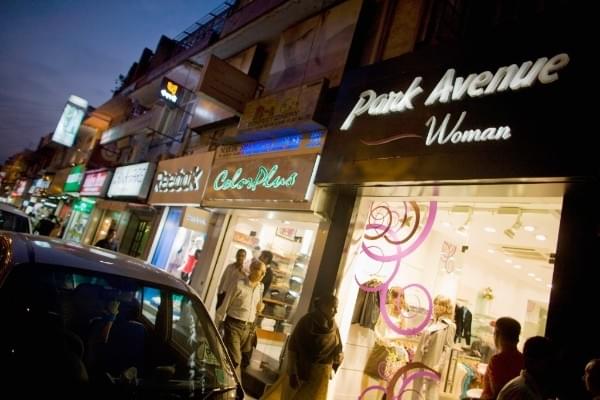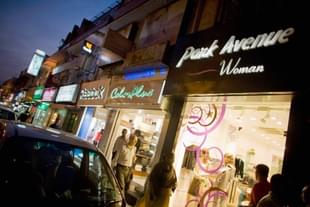Insta
Delhi Landlord Woes: Tenants Pay 0.1 Per Cent of The Market Rate For Prime Properties Under Archaic Law
Swarajya Staff
Oct 18, 2018, 11:10 AM | Updated 11:10 AM IST
Save & read from anywhere!
Bookmark stories for easy access on any device or the Swarajya app.


Properties in prime commercial and residential spots in Delhi have been rented out to tenants at absurdly low prices due to the Delhi Rent Control Act,1958.
The constitutional validity of the Act was challenged by three women in the Delhi High Court. Advocate Shobha Aggarwal, who is the lead petitioner in the case said that the Act had outlived its purpose.
“On one hand, the Act encourages the economic activity of tenants, and on the other, it puts unreasonable restrictions on occupation and business of landlords to make economic gains out of their properties,” she said, as reported by The Hindu.
The advocate wants the landlords of the properties in dispute to be compensated by the government for their economic losses and the emotional and psychological trauma incurred by them due to the Act.
Other petitions, either challenging the act as a whole or parts of it, have been filed in the High court since Aggarwal’s first hearing in February 2010. The cases are being heard together by the High Court.
The court had reserved its verdict earlier this month on the petitions after 51 hearings spanning eight years.
After the Partition, Delhi witnessed sudden influx of refugees coming from Pakistan and Indian government was faced with the challenge of rehabilitating a large number of them within reasonable time. It was in these circumstances that the government passed DRC Act 1958 to protect refugees from quick eviction from residential and non-residential premises.
The act was amended once in 1988 excluding the properties whose rent exceeded 3500.
Public Sector companies, financial institutions, nationalised banks and other government offices continue to take advantage of the DRC Act, according to Ms.Aggarwal.
A major concern raised is that while the tenants get rich due to their business and other ventures, the property owners have to face the heavy burden of rising maintenance costs with very little income from the rent. These leads to compromises with safety protocols putting life and property at risk.
Responding to Ms Aggarwal’s petition, the Union Urban Development Ministry had said in November 2014 that Section 6A of the DRC Act provides for an increase in rent by 10 per cent every three years.





